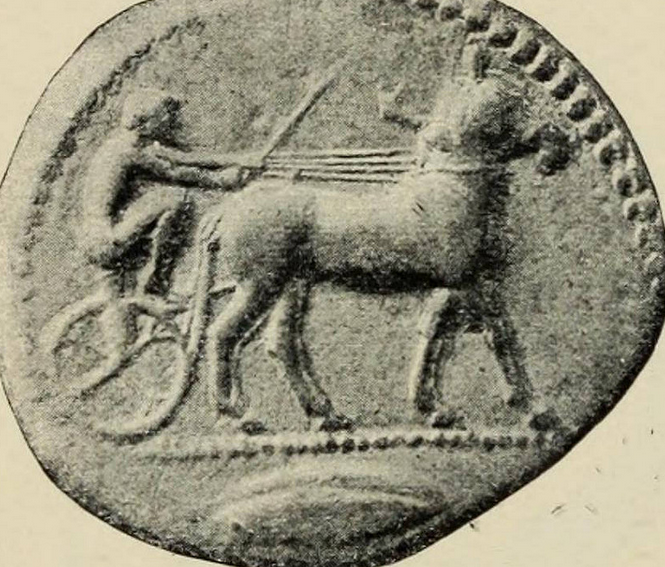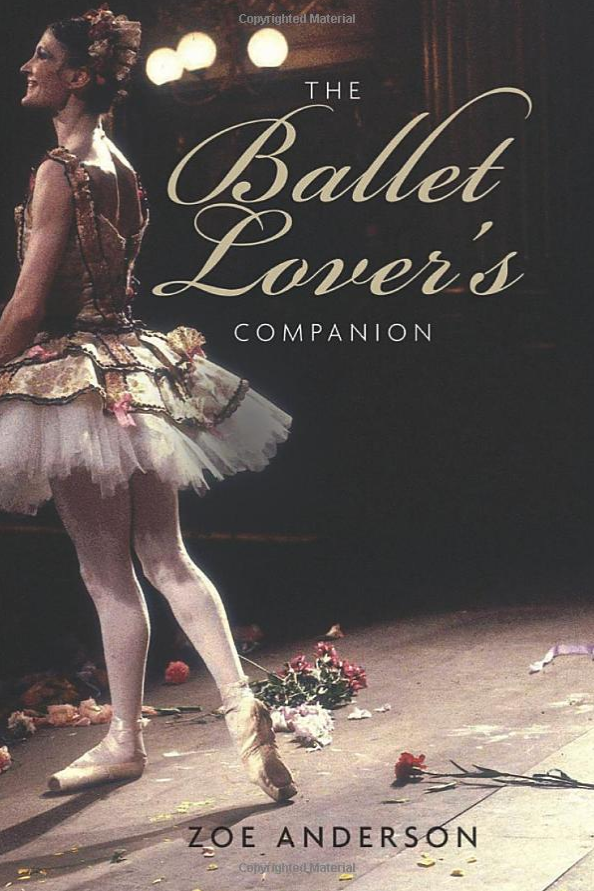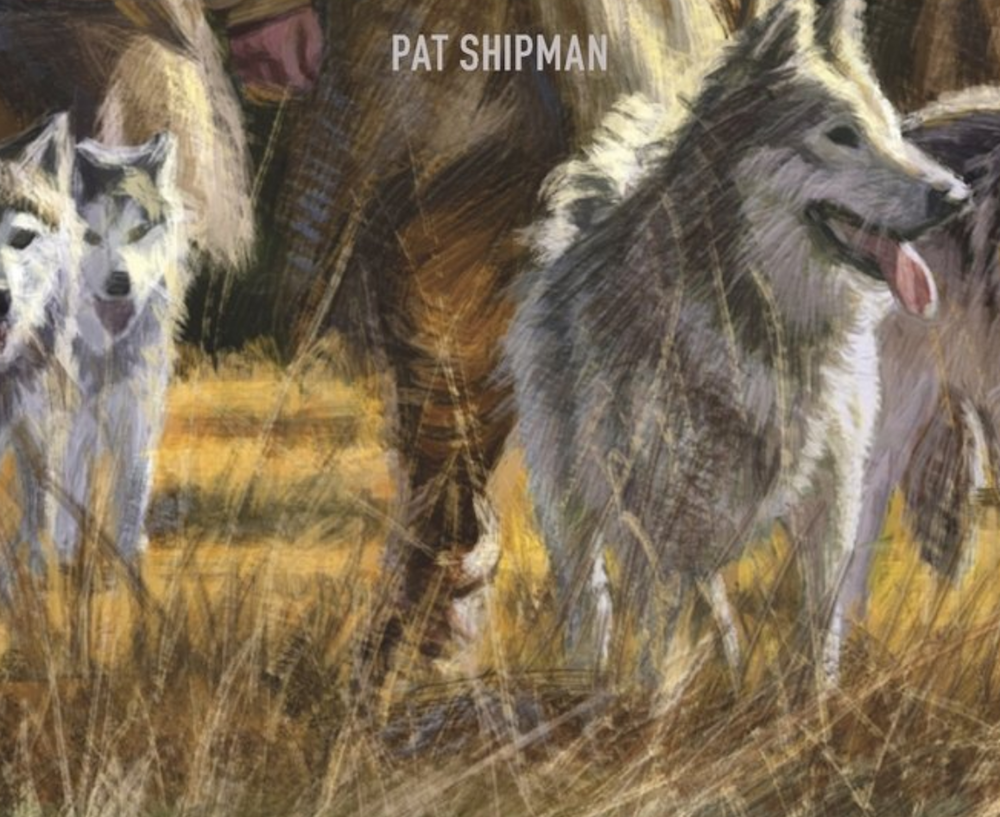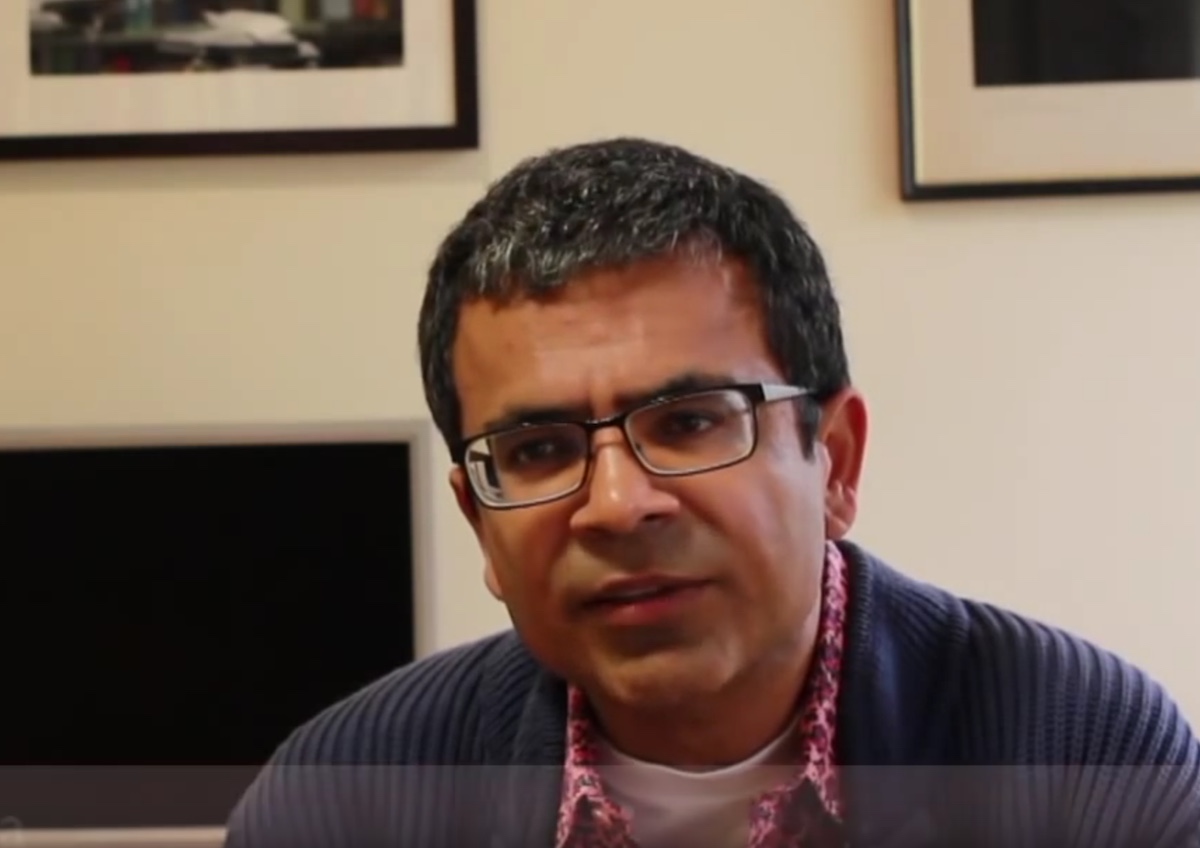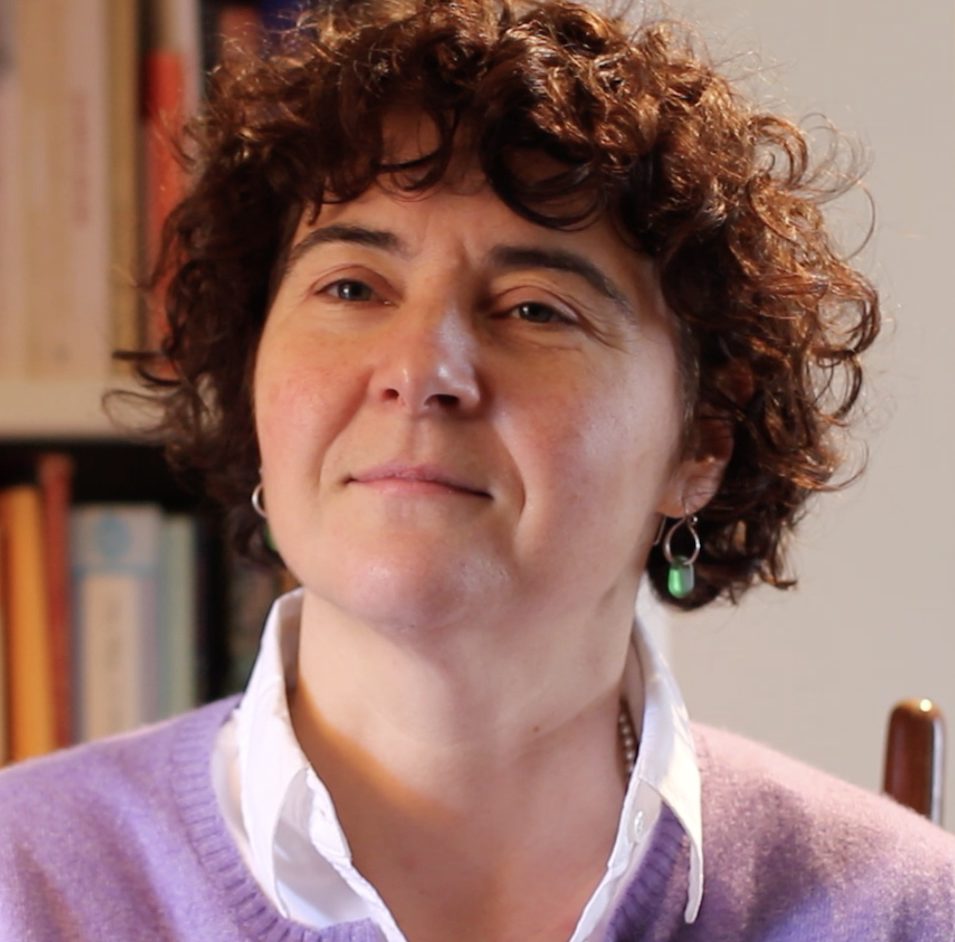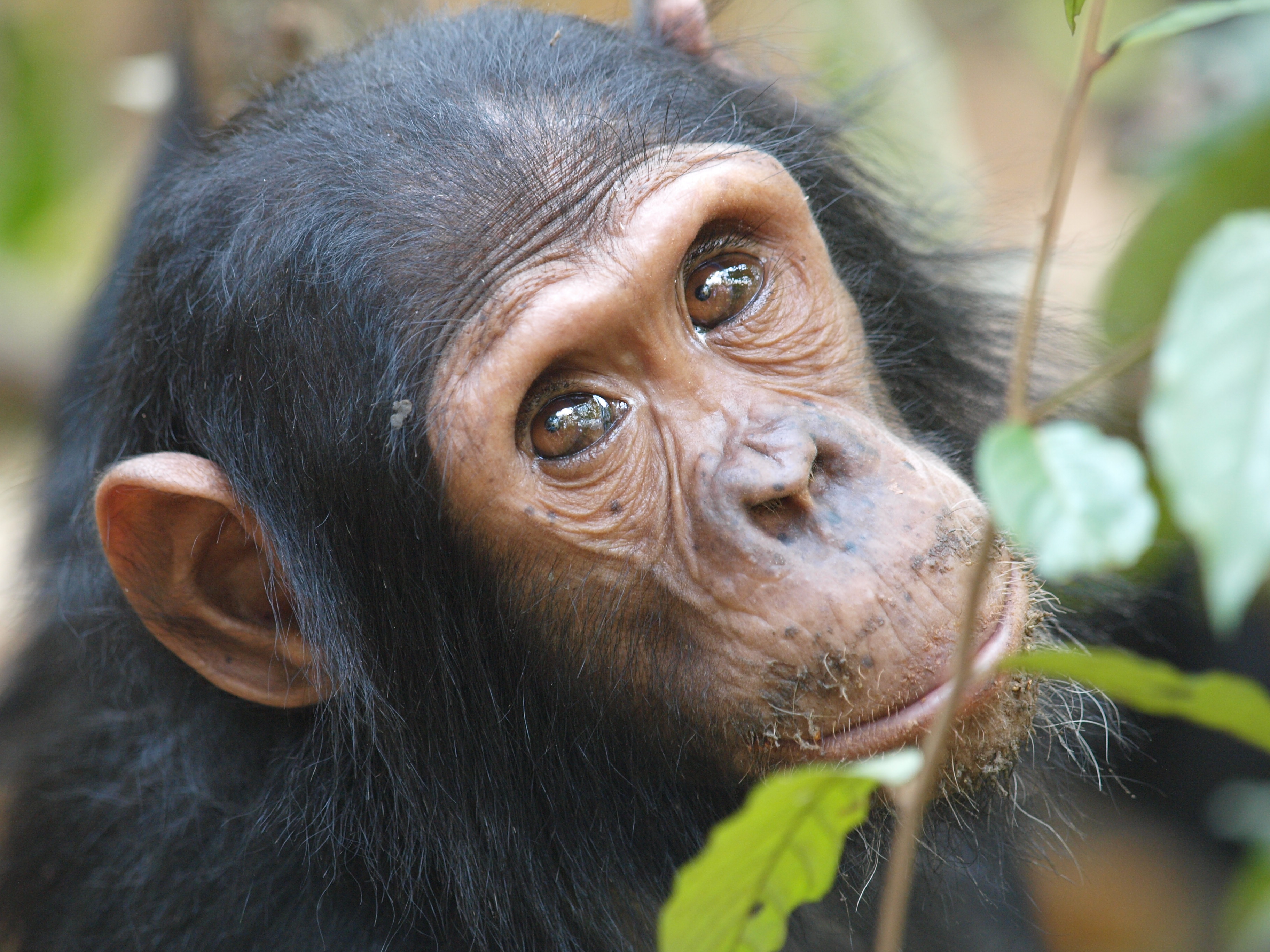Olympic Games, 388 BC style
What would it have been like to spend five days attending the ancient Greek Olympics in 388 BC? That’s what Neil Faulkner‘s book sets out to explore. You can listen to the interview, which I recorded with Neil in the spring of 2012, shortly before the London games, by clicking on the media players above or below. And there’s more information about the book on Yale University Press’s website here. In the interview, Neil tells me: ‘Ancient Greece is a highly divided and competitive world, and it’s a world that puts huge emphasis on sport, partly because all of Greece’s city states depend for their armed forces on a citizen militia made up of their adult male citizens. So there’s a sense in which Greek sport is war without the shooting. It’s preparation for war in a highly divided and competitive world.’ And we also produced a short video of Neil talking about the book: Neil Faulkner on his Visitor’s Guide to the Ancient Olympics from George Miller on Vimeo.

